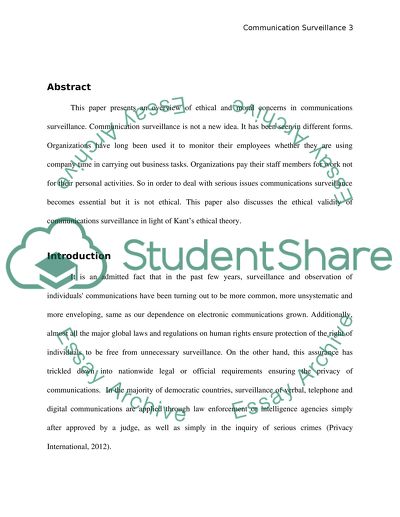Cite this document
(“Communications Surveillance, Privacy and Its Ethical Implications Research Paper”, n.d.)
Retrieved from https://studentshare.org/information-technology/1451026-not-sure-about-topic-yet
Retrieved from https://studentshare.org/information-technology/1451026-not-sure-about-topic-yet
(Communications Surveillance, Privacy and Its Ethical Implications Research Paper)
https://studentshare.org/information-technology/1451026-not-sure-about-topic-yet.
https://studentshare.org/information-technology/1451026-not-sure-about-topic-yet.
“Communications Surveillance, Privacy and Its Ethical Implications Research Paper”, n.d. https://studentshare.org/information-technology/1451026-not-sure-about-topic-yet.


